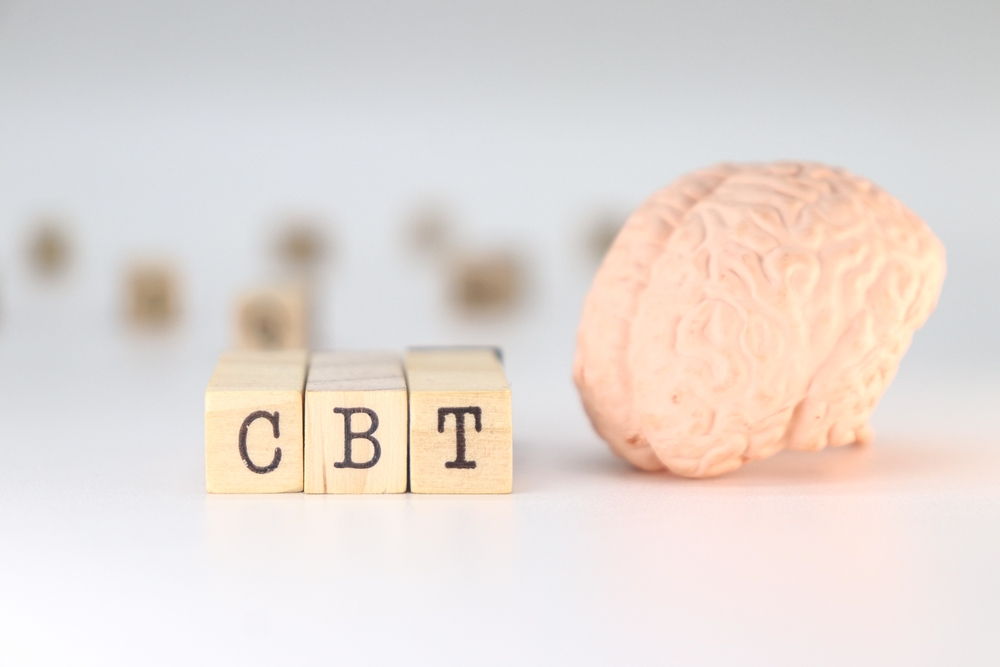
What is Depression?
Depression is a prevalent mental health condition marked by ongoing feelings of sadness, hopelessness, and a diminished interest or enjoyment in activities. It affects millions of people worldwide, cutting across age groups and demographics. According to the World Health Organization (WHO), over 280 million individuals experience depression, making it one of the leading causes of disability globally.
The symptoms of depression are diverse and can range from emotional and cognitive impairments, such as difficulty concentrating or decision-making, to physical manifestations like fatigue and changes in appetite. Though it primarily affects mental health, the impacts of depression extend far beyond, influencing various bodily systems and overall physical well-being.
The Mind-Body Connection: Bridging Physical and Mental Health
The mind-body connection refers to the intricate relationship between psychological and physical health. Mental health disorders, particularly depression, can significantly impact physical health due to shared biological pathways, hormonal interactions, and behavioral influences. Conversely, physical illnesses can exacerbate mental health issues, creating a feedback loop that makes recovery more challenging.
Depression disrupts the body’s homeostasis by influencing the central nervous system, immune function, cardiovascular health, and even the digestive system. Understanding these links is critical for treatment and prevention.
How Does Mental Health Affect Physical Health?
Mental health issues, such as depression, have extensive consequences on the body. Chronic stress and negative emotions lead to the release of stress hormones like cortisol, which can disrupt normal bodily functions. Prolonged exposure to these stressors may increase the risk of chronic illnesses, reduce immune efficiency, and impair overall quality of life.
The interplay between mental and physical health highlights the need for integrated care that addresses both aspects simultaneously.
Effects of Mental Health on Physical Health
1. Effects of Depression on the Central Nervous System
Depression can alter brain function and structure. Research shows that it affects neurotransmitters like serotonin, dopamine, and norepinephrine, which play crucial roles in mood regulation. Chronic depression is linked to shrinkage in areas of the brain such as the hippocampus, which is responsible for memory and learning.
These changes often result in symptoms like memory loss, impaired concentration, and reduced cognitive abilities, significantly impacting daily functioning.
2. Effects of Depression on the Cardiovascular and Immune Systems
The cardiovascular system is highly susceptible to the effects of depression. It increases the risk of heart disease by elevating blood pressure, inducing inflammation, and contributing to unhealthy behaviors like smoking or a sedentary lifestyle. Studies have found a higher incidence of heart attacks and strokes among individuals with untreated depression.
Depression also suppresses the immune system, making the body more vulnerable to infections and illnesses. Chronic inflammation, often observed in depressed individuals, has been linked to various autoimmune and inflammatory diseases.
3. Effects of Depression on the Digestive System
Depression often manifests as gastrointestinal symptoms, such as nausea, constipation, or irritable bowel syndrome (IBS). The gut-brain axis, a bidirectional communication system between the gastrointestinal tract and the brain, plays a significant role in this connection.
Stress and depression can disrupt the gut microbiome, leading to digestive issues and even worsening mental health symptoms in a vicious cycle. This highlights the importance of addressing both gut and mental health in treatment plans.
Depression in Children and Teens
Depression in younger populations is a growing concern. Children and teens may not always express their feelings verbally, making it harder to diagnose. Instead, depression can manifest as irritability, withdrawal from social activities, or declining academic performance.
The physical health consequences of depression in young people include sleep disturbances, changes in appetite, and somatic complaints like headaches or stomach aches. Early intervention is crucial to prevent long-term complications.
How to Hack the Mind-Body Connection
Enhancing the mind-body connection is a powerful way to combat the effects of depression on physical health. Here are evidence-based strategies to strengthen this link:
- Stay Active: Regular exercise boosts endorphins, enhancing mood and alleviating stress. It also lowers inflammation and boosts cardiovascular health.
- Practice Mindfulness and Meditation: These techniques help regulate stress responses, improve focus, and enhance overall well-being.
- Adopt a Balanced Diet: A diet rich in omega-3 fatty acids, fiber, and probiotics can improve gut health and support mental clarity.
- Seek Professional Help: Therapy, particularly cognitive-behavioral therapy (CBT), and medications like antidepressants can address the root causes of depression.
- Cultivate Social Connections: Strong social support networks are crucial for emotional resilience and stress management.
You may also read: Alzheimer’s Disease & the Brain: How it Affects Memory & Cognition
Conclusions
Depression is not just a mental health issue but a complex condition that profoundly impacts physical health. The mind-body connection emphasizes the importance of addressing depression. By understanding its effects on the central nervous system, cardiovascular system, immune function, and digestive health, healthcare professionals can provide more comprehensive care.
Interventions that strengthen the mind-body connection, such as exercise, mindfulness, and dietary changes, can significantly improve outcomes for those struggling with depression. Recognizing the early signs in vulnerable populations, including children and teens, is essential to mitigate long-term consequences.
Addressing depression requires a multidisciplinary approach that prioritizes both mental and physical well-being. Only through this integrated care model can we fully combat the pervasive effects of this condition.